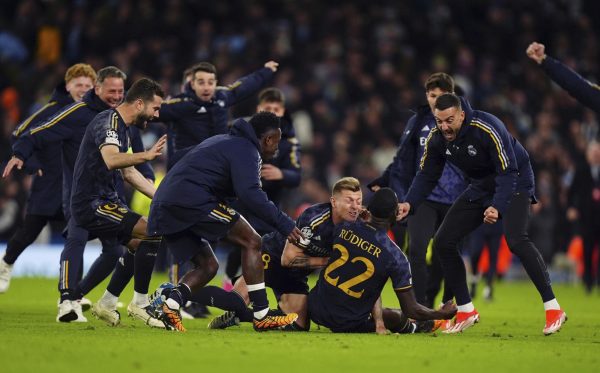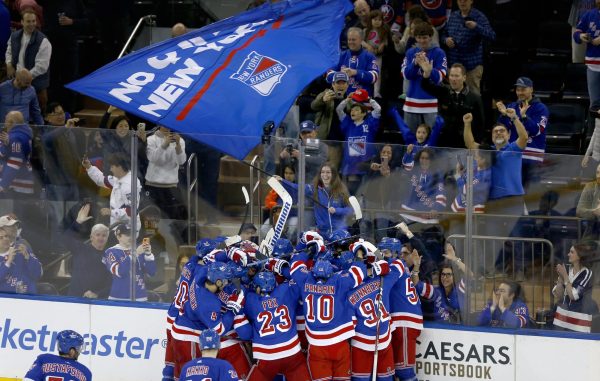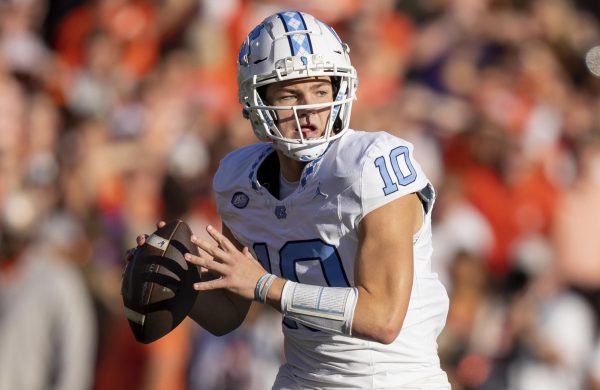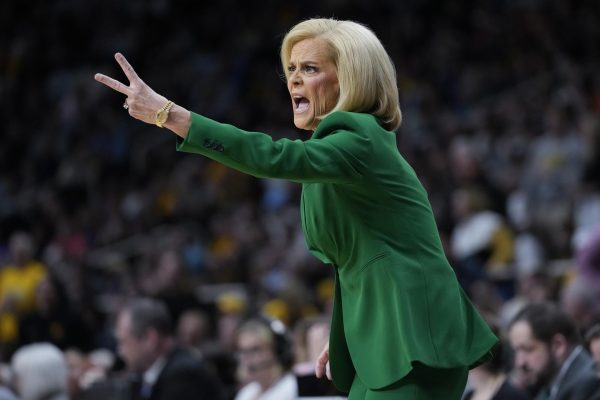Around the Hill: Should College Athletes be Paid?
Conor Oliver, Maroon-News Staff
Every year, the NCAA makes $6 billion. The athletes and stars provide spectacular in-game performances as college programs throughout the nation compete for a NCAA championship in their respective sport. The money the NCAA brings in does in fact trickle down to athletic conferences and to the individual programs; however, the athletes are strictly prevented from receiving any form of compensation. For the amount of time and work necessary to compete in a Division I program, it would seem unfair not to somehow pay the athletes. After all, the NCAA’s success solely relies on
their performance.
Being paid for playing a collegiate sport would stand in stark contrast of the amateurism that has always been lauded in college athletes. Without any promise of reward except victory on the field, college athletes play for the love of the game. Or they should, according to the NCAA. Some points against paying athletes just make sense. With financial incentives, student athlete’s focus would be drawn further away from academics. After all, the vast majority of NCAA athletes will not go pro in their sport, and their long term education is foreseeably most valuable for their future. Athletes are paid with education or scholarships, any monetary payment would be a disruption to their education.
However, college sports is a big business. With the time athletes invest, it seems ridiculous they don’t get more in return. Perhaps expanded scholarships or free meal plans and housing could be explored as possible avenues for compensation.
Charlie Enberg, Maroon-News Staff
While it seems unfair that athletes help bring in billions of dollars of revenue for their program yet receive no compensation themselves, we have to consider what the school provides for their athletes. The most important things schools provide for their players is national TV exposure, top facilities and a premier coaching staff. All of these things come at significant costs to the school and without these benefits players would not have the ability to succeed in the NFL as they would not be seen by professional scouts and they would not develop as players.
However, this is not the main issue in regard to paying athletes. The real problem is how to execute a functioning system that pays athletes who deserve to be paid. For example, we would have to limit payment to Division I athletes playing sports that occupy a majority of their time. This is not as simple as it seems because there would have to be a system in place to determine what athletes qualify for payment.
Furthermore, not all schools can afford to pay their athletes. Only major schools like Alabama, Michigan, etc. pull enough profit to be able to compensate their players. This is unfair because then only some players would get paid while all players deserve to be paid. This makes college football all about the money and not about the competition and development. Ideally student athletes should be paid, but it is simply to hard to execute.
Andrew Vojt, Managing Editor
Former UConn standout and current Orlando Magic point guard Shabazz Napier gave some personal insight on whether college athletes should be paid. After leading the Huskies to the national title in 2014, he said that he goes to bed “starving” because he can’t afford enough food, as reported by the Washington Post. Napier was the face of the Huskies during their Cinderella run, and his jersey was sold at stores around the country as a result. UConn and the NCAA made heaps of money off his likeness, so it’s puzzling to hear such a profitable player share stories of financial struggle.
Several arguments have been made about the impracticality of paying college athletes and designating players with the label of “deserving” financial compensation. By this logic, players are commodities that are merely used to boost profits, with more-skilled athletes (e.g. the football players at Big 10 schools) earning more for the NCAA than the less-skilled athletes (e.g. a swimmer at a Division III school). I agree it would be near impossible to determine a weighted system that doles out money based off earnings, but it’s not far-fetched to let schools determine payment. Liken it to a psychology major conducting research for a university. Athletes are doing a service to the university: boosting school spirit and generating revenue. They make the choice to suit up, but that should also come with a reward. Regardless, an athlete’s basic needs should be met. No one should go to bed hungry and no one should struggle paying to play. In a purely recruiting sense, athletes are brought to college for a reason: to play. They must be rewarded as such.








